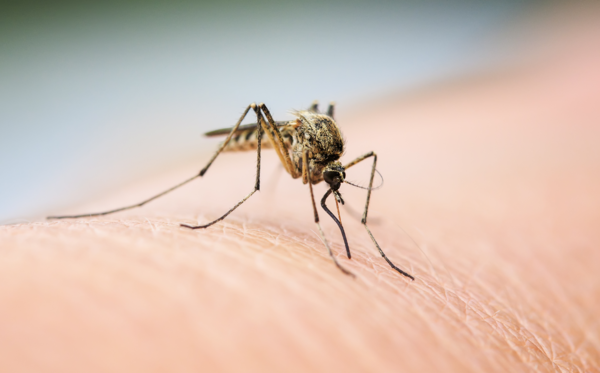Island Pharmaceuticals (ASX:ILA) has declared the financial year 2025 as defining, having delivered encouraging trial results for its dengue program and acquired a second antiviral asset, which positions the company as a dual-asset player in global infectious diseases.
The company’s lead program, ISLA-101, advanced through the Phase 2a/b PROTECT trial conducted with support from the US Army and the State University of New York. The study explored ISLA-101 both as a preventative and as a treatment for dengue fever. Results were promising. Patients who received ISLA-101 before viral challenge showed a significant reduction in viral load and symptoms, while those treated after infection also demonstrated measurable drug effects. Management stated that the findings provide a strong rationale for continued clinical development, with the potential to address both prophylactic and therapeutic settings for mosquito-borne diseases.
At the same time, Island finalised the acquisition of Galidesivir from US-listed BioCryst Pharmaceuticals, adding a broad-spectrum antiviral to its portfolio. Galidesivir has demonstrated activity against more than 20 RNA viruses, including Ebola, Marburg, Zika, and yellow fever, and is supported by a substantial data package from Phase 1 safety studies and a successful non-human primate study involving Marburg virus. Island intends to pursue approval under the US FDA’s Animal Rule, which allows for registration based on animal efficacy data when human trials are impractical. Management believes that only one additional animal study may be required to support a New Drug Application, which could also yield a Priority Review Voucher valued at more than US$150 million, paving the way for the US government to stockpile the drug.
Chairman Jason Carroll said the progress “gives the board considerable optimism” as the company enters 2026 with two late-stage antiviral candidates. CEO David Foster described the year as transformational, highlighting both the clinical data and the acquisition as validation of Island’s long-term strategy.
Financially, the company reported a net loss of $3.9 million, up from $2.9 million in 2024, reflecting increased R&D investment. Island ended the year with $7.3 million in cash compared with $1.7 million the prior year. This improvement was supported by a $3.5 million placement, $2.7 million from option exercises, and a further $3.6 million committed placement ahead of the ISLA-101 data release. Additional funding flowed after year-end, including more than $1.1 million from major shareholders converting options.
The company also reshaped its board, with Carroll appointed Chairman and Christopher Ntoumenopoulos joining as Non-Executive Director. Several long-serving directors departed, resulting in a smaller board that is more closely aligned with shareholders.
“Progress this year provides us with great confidence,” Foster added, “in our ability to deliver innovative solutions for some of the world’s most pressing viral health challenges.”
